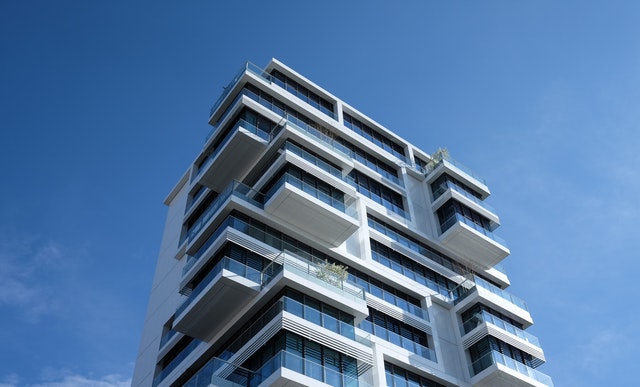
Do you own a commercial real estate property?
Developing a comprehensive commercial lease is a good start. Investing in a commercial property can be considered as a rewarding milestone. Some property owners spend a portion of their finance to look for a commercial property manager to assist them.
This will help in spending time to manage the property and understand the basics of real estate management. The lease should protect the building owner from unnecessary alterations or repairs.
That’s why in this article, we’ll discuss tips for great commercial real estate management.
Know Your Way around Finances
Establish and follow a budget that is agreed by you and the owner of the building. From this, you’ll be able to set the appropriate rental rates for your tenants.
Plan how and where to spend your finances. For example, you may suggest to the property owner some advertising strategies. You may consider the paid marketing programs to attract more tenants.
Take into account the expenses of operations and taxes. Adjust your rates based on these. If the owner of the property has bad credit, they should consider raising it to give them the opportunity to get a revolving line of credit. We recommend a a credit repair company that’s active in blogging about what they do, like their guide on how to improve credit scores, nationwide.
Maintenance and Repairs
Having a set budget for the property will help in doing regular maintenance and repairs. This will also allow you to identify costs that the tenant needs to cover in the lease they agreed to sign.
Mostly, maintenance is the responsibility of the tenant. But some areas are within your responsibility as a property manager. Depending on the lease, you may be responsible in maintaining the cleanliness of the facility. Look out for concealed defects and plan according to budget to resolve these in a timely manner.
Familiarize Yourself with Your Target Market
Commercial real estate management requires the property manager to be knowledgeable about a lot of things.

Before leasing the property, you should be able to determine your target market first. Are you looking for short-term or long-term clients? Know the nature of your tenants’ business. In that way, you’ll know what amenities are required for them.
Aside from knowing your target market, you have to do research on your competitors to compare rental prices, to know what amenities and services your competitors are offering.
Make Improvements
Depending on other commercial properties in your area, you should consider ways to set yourself above the competition of commercial business.
Improvements should always be done to Increase the value of the property. These improvements include:
- Landscaping,
- Electrical,
- Plumbing,
- Roof,
- Walls, and
- Appliances.
Make it look new by repainting or renovating which is less costly than new construction or replacement. Add amenities like – a gym, swimming pool, or an elevator.
Plan for the Future
As a property manager, you should be able to set short-term and long-term goals. One of your goals should include increasing your customer base. You should know when and where to advertise.
Also part of your plan should be about renovations. You should be able to determine what and when to add improvements. Set aside a budget for property maintenance. Some properties will set aside 10% of rents and keep them for major issues or repairs.
Look for possible business expansion according to established budgets and profits from rents. Plan a strategy to accomplish these goals and have a backup plans for problems.
Commercial real estate investment requires active management and participation. Good property management is important to increase the value of a property. That’s why you have to understand the basics of commercial real estate management.
You have to choose a lease type that will suit your needs. Take into account the expenses and adjust your rates based on these. Have a set budget for maintenance, repair and, improvements.
You should also determine your target market and know the nature of their business to know what the amenities you need to provide are. Providing your tenants’ needs builds loyalty. Of course, planning for the future should also be considered.